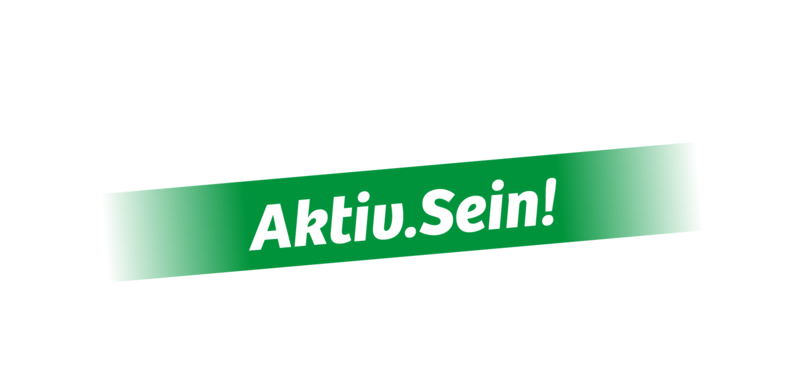
Be active!
Species-rich natural areas and diverse landscapes, twice awarded UNESCO World Heritage status, make Upper Lusatia a region of active recreation. Cycle paths connect all tourist areas. Hiking trails are concentrated in the low mountain ranges and are complemented by themed/educational trails throughout Upper Lusatia. Relaxed or sporty exercise goes hand in hand with discovering and experiencing the region. The waters offer enjoyment of nature in, around and on the water. Sports with more "action", such as mountain biking, kite surfing or climbing, are also offered and practiced.

Guiding themes of Upper Lusatia
The Oberlausitzer Bergweg is a 107 km long quality hiking trail. It was certified by the German Hiking Association for a further two years at the end of 2020. It runs over hill and dale, starting in the Oberlausitzer Bergland tourist region and ending in the Zittauer Gebirge Nature Park.
The Oder-Neisse Cycle Route stretches approximately 108 km through Upper Lusatia along the German-Polish border on the banks of the Neisse. Starting in the Zittauer Gebirge Nature Park, the long-distance cycle route runs through the European city of Görlitz-Zgorzelec and leads through the Neisseland Tourist Area to Bad Muskau. There it leaves Upper Lusatia and reaches its destination on the Baltic Sea.

Potential topics in Upper Lusatia
The Spree Cycle Route leads from Ebersbach-Neugersdorf (where all three sources of the Spree flow together) in the Upper Lusatian Uplands Tourist Association to the town of Bautzen, through the Upper Lusatian Heath and Pond Landscape Biosphere Reserve and the Lusatian Lakeland before leaving Upper Lusatia for Berlin. The OL 100 -Oberlausitz radherum-combines around 600 km of existing cycle path network and can be experienced as a round trip.
The Via Sacra pilgrimage route combines culture and nature, tranquillity and variety, exercise and contemplation. It is marked with the scallop shell and shows those interested the way to sacred buildings and meeting places in the border triangle.

Main target group: Post-material milieu according to Sinus
The post-material milieu is the committed and confident educated elite with the leitmotif "The best things in life aren't things". They belong to one of the milieus with a constant share in German society, have a very high level of education and value self-determination and self-development.
The committed and confident educated elite with post-material roots
The post-material milieusees itself as a progressive leading milieu in society, as a bearer of global responsibility and an ecological corrective with a self-confidently liberal basic attitude: cosmopolitanism, tolerance, a cosmopolitan world view, anti-fundamentalism and enlightenment.
The post-material milieu feels the desire for a better and fairer world with more sustainability, environmental protection and nature conservation, responsible consumption, cultural pluralism and diversity. They value the ethical foundations of life (together): mindfulness, respect, a sense of community, justice and solidarity.
Source: SINUS Institute
